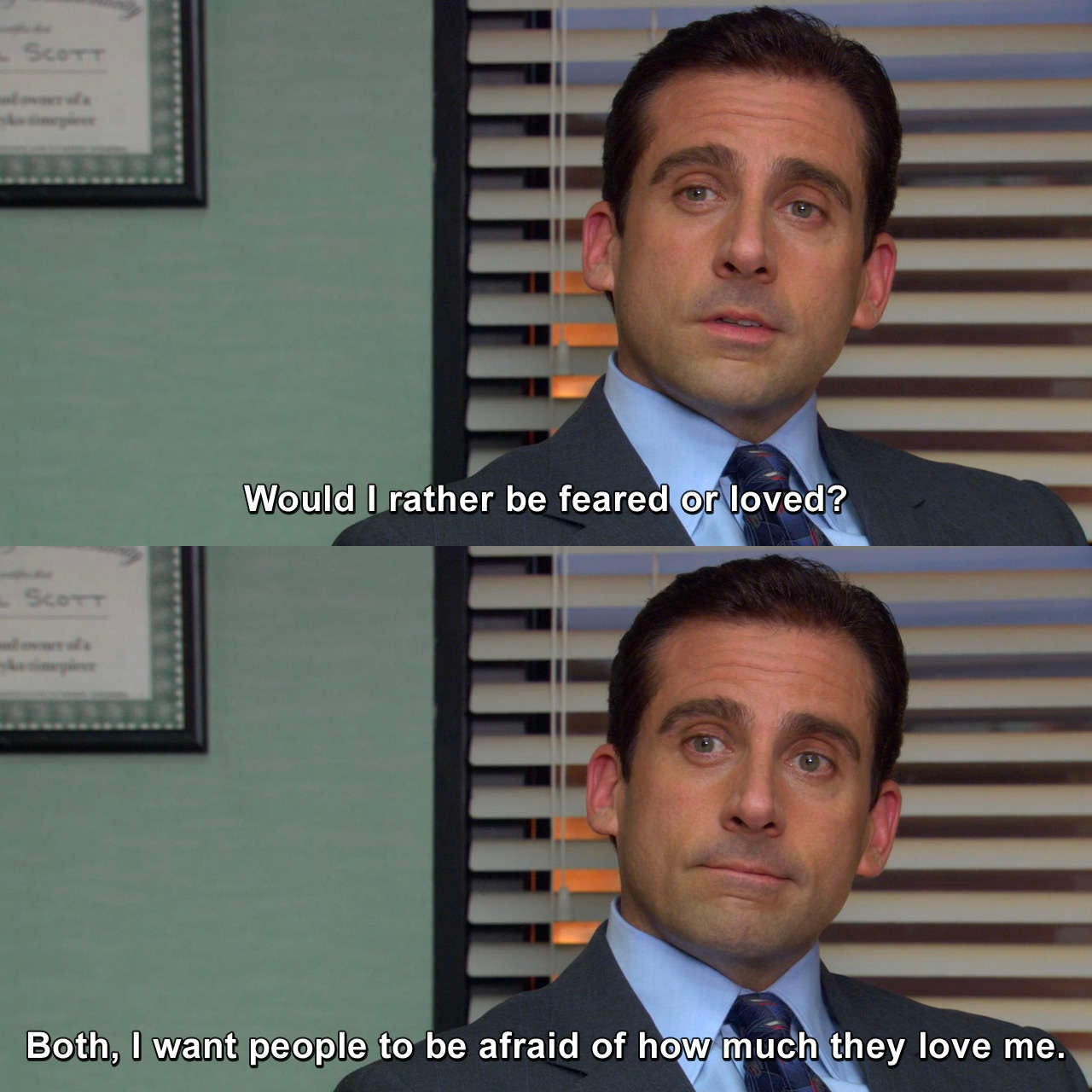You’re not here to make friends
Your job is to be an effective leader, not to be well-liked.
273 words • 1 min read
Growing up, my dad (an avid reader of this Substack, hi Dad) used to tell me: “Waseem, I’m your father, not your friend.” I found it super-annoying at the time, but I’ve come to realize that he’s right. Not only about the role of a parent, but about the role of a startup founder.
In the early days of your startup, it’s you and your cofounders. You’re essentially all peers, you’re probably close friends, and everyone likes everyone else. It’s tempting to want that trend to continue. Who doesn’t want to work at a place where everyone likes everyone else?
But for a leader, optimizing for being well-liked is a huge problem. If your startup has any hope of being successful, you’re going to have to make unpopular decisions: who to hire, who to fire, which strategic directions to pursue, which projects to cut. If you can’t make hard decisions, you’re doomed.
To make it even more challenging, even seemingly trivial decisions can be sources of dissatisfaction and resentment. “Which snacks do we provide” can be much more of a lightning-rod issue than you’d expect.
All of this is further exacerbated as your company grows. 350+ people work at Pilot today. If even 1% of them are unhappy with some decision I’ve made—and, to be clear, I would be delighted if the number were as small as 1%—that’s still three people.
It’s structurally impossible for you to make everyone happy all of the time. And that’s OK.
Your job is not to be popular—it’s to be effective. You’re the startup’s founder, not everyone’s friend.


This is such a great reminder! I’ve seen a lot of leaders be ineffective just because they wanted to please everyone.
The fact that you employ 350 people means that you are part of the solution and your role as their leader comes before their friendship, IMHO.